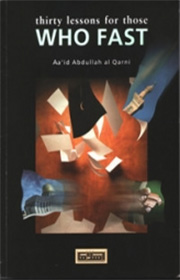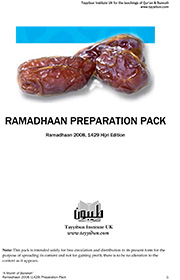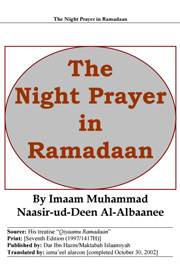One of the greatest acts of worship is fasting, which Allaah has made obligatory on His slaves, as He says:
“… Observing al-sawm (the fasting) is prescribed for you as it was prescribed for those before you, that you may become al-muttaqoon (the pious).”
[Al-Baqarah 2:183]
Allaah encourages His slaves to fast:
“… And that you fast, it is better for you, if only you know”
[Al-Baqarah 2:184]
He guides them to give thanks to Him for having made fasting obligatory on them:
“… that you should magnify Allaah for having guided you so that you may be grateful to Him.”
[Al-Baqarah 2:185]
He has made fasting dear to them, and has made it easy so that people do not find it too hard to give up their habits and what they are used to. Allaah says:
“… for a fixed number of days…”
[Al-Baqarah 2:184]
He has mercy on them and keeps them away from difficulties and harm, as He says
“… but if any of you is ill or on a journey, the same number (should be made up) from other days…”
[Al-Baqarah 2:184]
No wonder then, that in this month the hearts of the believers turns to their Most Merciful Lord, fearing their Lord above them, and hoping to attain His reward and the great victory (Paradise).
As the status of this act of worship is so high, it is essential to learn the ahkaam (rulings) that have to do with the month of fasting so that the Muslim will know what is obligatory, in order to do it, what is haraam, in order to avoid it, and what is permissible, so that he need not subject himself to hardship by depriving himself of it.
This book is a summary of the rulings, etiquette and Sunnah of fasting. May Allaah make it of benefit to myself and my Muslim brothers. Praise be to Allaah, Lord of the Worlds.
Download PDF





